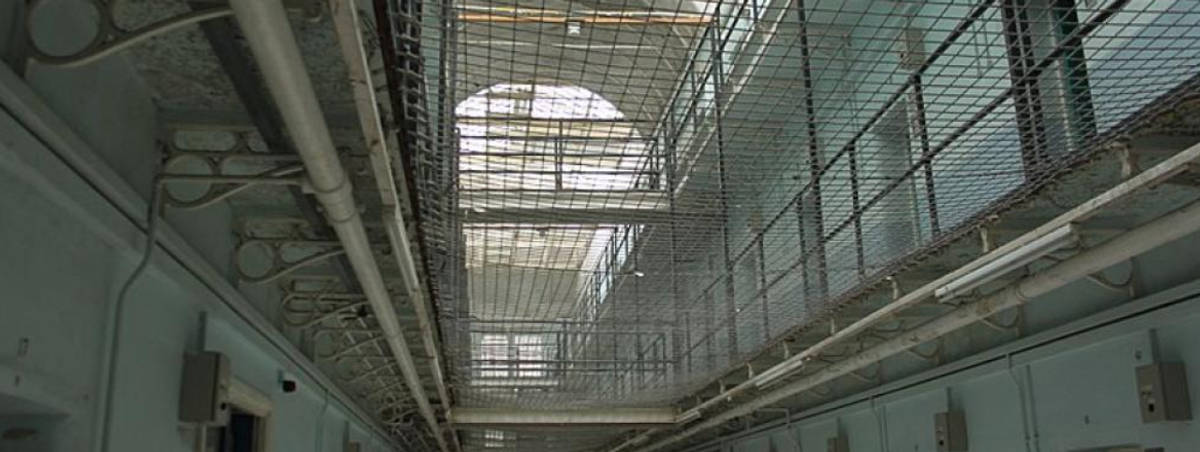Deradicalisation and Disengagement Programming in Prisons and Rehabilitation Centres
This project studies the disengagement and deradicalisation programmes, addressing how to determine their success (or failure) and assessing suitability criteria for such initiatives.
The concepts of deradicalisation and disengagement and are often applied in parallel, with the former generally interpreted in terms of attitudinal change (i.e., reducing sympathy for such violence), and the latter relating instead to behavioural change (i.e., no longer directly contributing to violence).
The number of programmes aiming to achieve these objectives has increased substantially over recent years, including in locations such as Indonesia, Nigeria, the Philippines, Saudi Arabia, Singapore, Somalia, and Yemen. While the effects of Preventing/Countering Violent Extremism (P/CVE) programmes is notoriously difficult to measure, there is a strong case that such initiatives have the potential to deliver greater ‘bang per buck’ than other intervention types.
Optimising efforts to counter this violence should clearly be of importance to the EU both on moral grounds (in relation to addressing violence in the countries in which interventions occur), and as a matter of ‘enlightened self-interest’ (as there is a continued threat of this violence being imported to Europe). The risks associated to such programmes are also prominent, precisely because they provide an existential threat to violent extremist organisations.
Project outputs
As part of the project outputs, a thought piece, published in June 2020, analysed the literature and interview data to assess a range of themes relating to disengagement and deradicalisation programmes. This included a review of their activities, staffing considerations, facility upgrades, segregation policies and criteria for assessment.
Report: Deradicalisation and Disengagement Programming in Prisons and Rehabilitation Centres
The recommendations outlined in this paper aim to inform policy makers of some of the considerations for funding and design of this type of programming, as well as practitioners in the prison implementation setting of how to make these programmes more effective and impactful.
Funding
Funded by the European Union
This project is part of CT MORSE and is funded by the European Union as an initiative contributing to peace and stability.
Find out more



